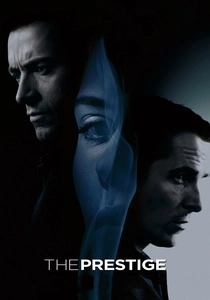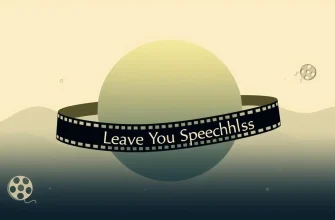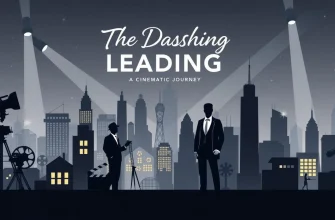Punishment, whether it's meted out by the law, society, or personal vendettas, has always been a compelling theme in cinema. These films delve into the moral complexities of justice, revenge, and retribution, offering viewers a chance to reflect on the consequences of actions and the nature of human morality. From legal dramas to psychological thrillers, this collection showcases a variety of perspectives on what it means to punish and be punished.

A Clockwork Orange (1971)
Description: Stanley Kubrick's provocative film questions the ethics of punishment and rehabilitation through the story of Alex, a violent youth subjected to a controversial aversion therapy.
Fact: The film was banned in several countries due to its graphic violence, and Kubrick himself withdrew it from UK cinemas after receiving death threats.
 Watch Now
Watch Now 
The Fugitive (1993)
Description: This film follows Dr. Richard Kimble, who escapes after being wrongfully convicted of his wife's murder, exploring themes of justice, innocence, and the pursuit of truth.
Fact: The film was inspired by a real-life case of a fugitive who was wrongly convicted.
 Watch Now
Watch Now 
The Shawshank Redemption (1994)
Description: This film explores the harsh realities of prison life and the concept of punishment through the story of Andy Dufresne, who is sentenced to life for a crime he didn't commit. It delves into themes of hope, friendship, and the quest for redemption.
Fact: The film was not a box office success upon release but has since become one of the most beloved films of all time, often topping IMDb's Top 250 list.
 Watch Now
Watch Now 
Dead Man Walking (1995)
Description: This film provides an intimate look at the death penalty through the relationship between a death row inmate and the nun who becomes his spiritual advisor.
Fact: The movie is based on the book by Sister Helen Prejean, who was a real-life nun involved in death penalty cases.
 Watch Now
Watch Now 
The Green Mile (1999)
Description: Based on Stephen King's novel, this film examines the moral implications of capital punishment through the story of a death row corrections officer who encounters an inmate with supernatural abilities.
Fact: The film's title refers to the lime-green linoleum that lines the floor of death row, symbolizing the path to execution.
 Watch Now
Watch Now 
The Last Castle (2001)
Description: A decorated war hero is sent to a military prison where he leads a rebellion against the warden's tyrannical rule, highlighting themes of honor, justice, and punishment within a military context.
Fact: The film features a detailed and accurate depiction of military protocol and prison life.
 Watch Now
Watch Now 
The Life of David Gale (2003)
Description: A professor of philosophy, David Gale, is sentenced to death for a crime he claims he didn't commit, raising questions about the death penalty and the presumption of innocence.
Fact: The film was controversial for its portrayal of the death penalty and its implications.
 Watch Now
Watch Now 
The Exorcism of Emily Rose (2005)
Description: This film blends courtroom drama with supernatural horror, exploring the legal and moral implications of an exorcism gone wrong, and the punishment faced by those involved.
Fact: The movie is loosely based on the real-life case of Anneliese Michel, a German woman who underwent exorcisms.
 Watch Now
Watch Now 
The Prestige (2006)
Description: While primarily a tale of rivalry between magicians, the film delves into themes of revenge and the ultimate cost of one's obsession, leading to a form of self-inflicted punishment.
Fact: The film features a complex narrative structure that mirrors the structure of a magic trick.
 Watch Now
Watch Now 
The Experiment (2010)
Description: Based on a real psychological experiment, this film shows how quickly power dynamics can lead to punishment and abuse when a group of men are divided into prisoners and guards.
Fact: The film is a remake of the German film "Das Experiment," which itself was inspired by the Stanford prison experiment.
 Watch Now
Watch Now 








